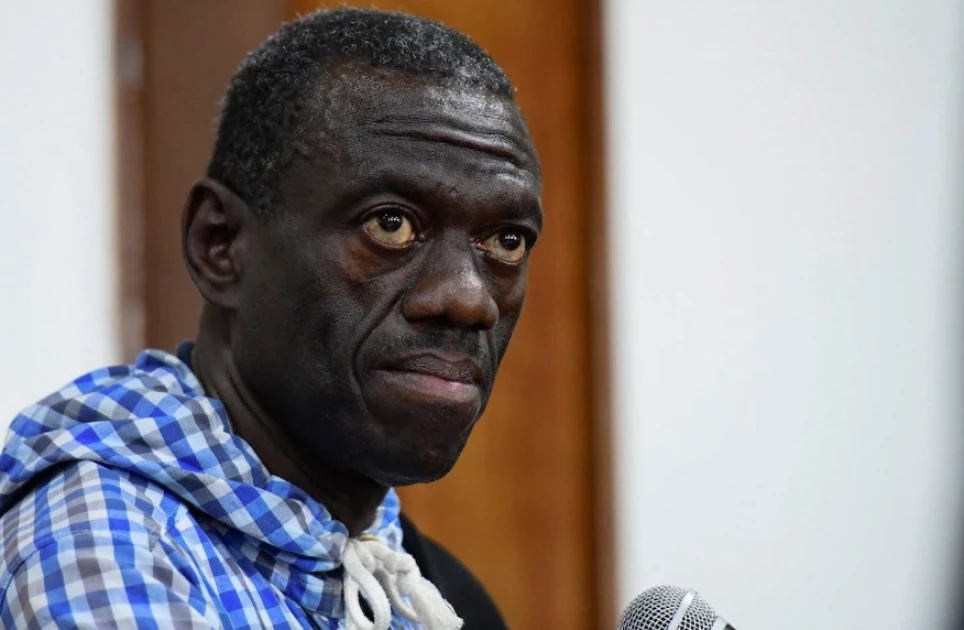Veteran Ugandan opposition leader Kizza Besigye has been denied bail in his ongoing treason case, a decision that has fueled political tension and drawn criticism from rights groups ahead of Uganda’s highly anticipated national elections early next year. The ruling was delivered on Friday by Judge Emmanuel Baguma, who determined that the 180-day period before mandatory bail eligibility began only when Besigye was remanded to a civilian court on February 21. This calculation means he falls 12 days short of qualifying for automatic release under Ugandan law.
Besigye’s legal team argued that he has already spent more than 180 days in detention without his trial beginning, insisting that he should be freed immediately. However, the court rejected this position, prolonging his nearly nine-month incarceration. The treason case has become a flashpoint in Ugandan politics, with opposition figures including musician-turned-politician Bobi Wine accusing the government of using the judiciary to suppress dissent ahead of the 2026 elections, in which President Yoweri Museveni, now 80 years old, is seeking yet another term in office.
Government officials have denied any political motivation, asserting that all detainees, including Besigye, are being held over legitimate criminal allegations. Nevertheless, critics argue that the move fits a broader pattern of arrests and harassment of political opponents, a trend they say has intensified in the run-up to major elections.
Besigye’s political career has been marked by persistent clashes with Museveni’s administration. Once a close ally and personal physician to the president, he broke ranks and has since run against him in four elections, each time rejecting the results and accusing the ruling party of electoral fraud and voter intimidation. Although he has not confirmed whether he will contest in the upcoming election, his continued detention is seen by supporters as an attempt to sideline him from the political arena.
In November last year, Besigye was forcibly returned to Uganda from neighboring Kenya and initially charged before a military tribunal a move widely criticized by legal experts before the case was transferred to a civilian court. He has been arrested numerous times over the years, including in 2022 on charges of inciting violence, but has consistently maintained his innocence.
The latest court decision not only prolongs his imprisonment but also underscores the deepening political divisions in Uganda as the country heads into another contentious electoral cycle. Many observers fear that the case signals a harsher crackdown on opposition activity, further narrowing the political space in a nation where Museveni has held power since 1986.













Leave a comment